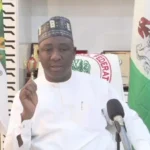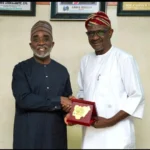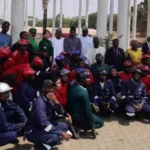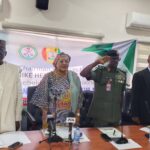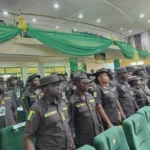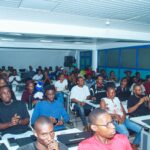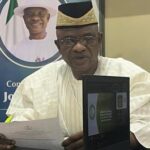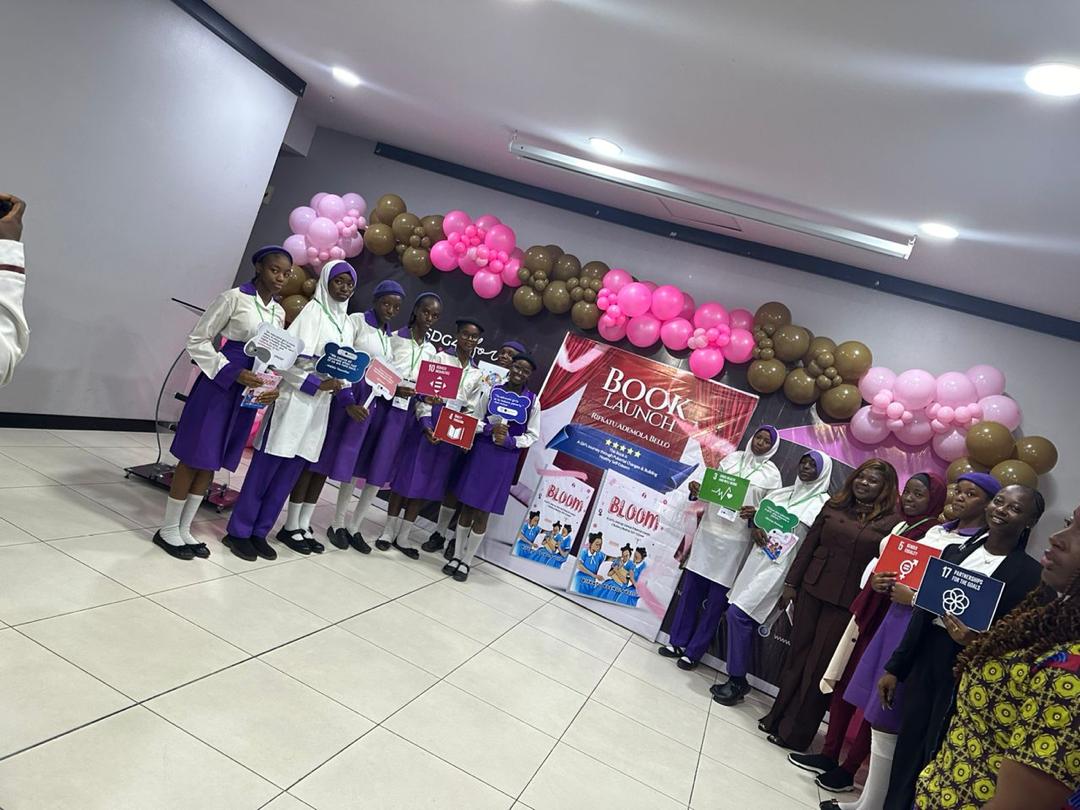By Justina Auta
Stakeholders from various sectors have emphasised the urgent need to dismantle barriers and promote inclusive education for girls as a pathway to empowerment and national development.
They made the call at the SDG4 for Girls Summit, themed “Advancing Education for Girls: Breaking Barriers, Creating Leaders,” organised by Focus on Women and Girls Initiative for Positive Change (FOWGI) on Wednesday in Abuja.
Mrs Rifkatu Ademola, Founder of FOWGI, highlighted key challenges limiting girls’ access to uninterrupted quality education, such as lack of safe learning spaces, cultural norms, and economic hardship.
“We must align action with policy to ensure that no girl is left behind due to poverty, period, or patriarchy.
“We must innovate in how we teach, support girls emotionally and mentally, and create solutions rooted in their lived experiences,” she said.
Ademola stressed the need for collaboration between government, civil society, schools, parents, and the girls themselves, adding that real change could not occur in silos.
“We must intentionally raise the next generation of girl leaders, not just as beneficiaries of education, but as creators of systems, solutions, and structures,” she added.
She called on participants to ensure that the summit sparked a movement to transform the lives of thousands of girls in Nigeria and beyond.
Ms. Boluwatife Adenuga, Senior Legislative Aide to the Speaker of the House of Representatives and Founder of the Rolly Mc Aden Foundation, cited UNICEF figures showing that approximately 7.8 million girls were currently out of school in Nigeria.
She emphasised that addressing the gap was crucial for national development, gender equality, and economic empowerment.
“Girl-child education is not only beneficial to the girl herself, it’s a catalyst for national development.
“When you empower girls, you empower women, families, communities, and the nation as a whole,” she said.
Adenuga urged civil society organisations to integrate strategies that directly addressed the barriers preventing girls from accessing education.
Miss Michelle Zantou, an SS2 student at Government Secondary School (GSS), Tudun Wada, Wuse Zone 4, stressed the importance of creating a society where students can thrive without barriers to their potential.
Deborah Onu of GSS Garki appealed to the government and stakeholders to improve access to menstrual hygiene management and supplies to reduce absenteeism among schoolgirls.
Latisha Ibe from GSS Wuse, Zone 3, urged policymakers to expand access to quality education, particularly in science, technology, engineering, and mathematics (STEM).
The summit also featured panel discussions on community-driven solutions for advancing girls’ education and strategies for translating policy into tangible progress. (NAN)(www.nannews.ng)
Edited by Abiemwense Moru


